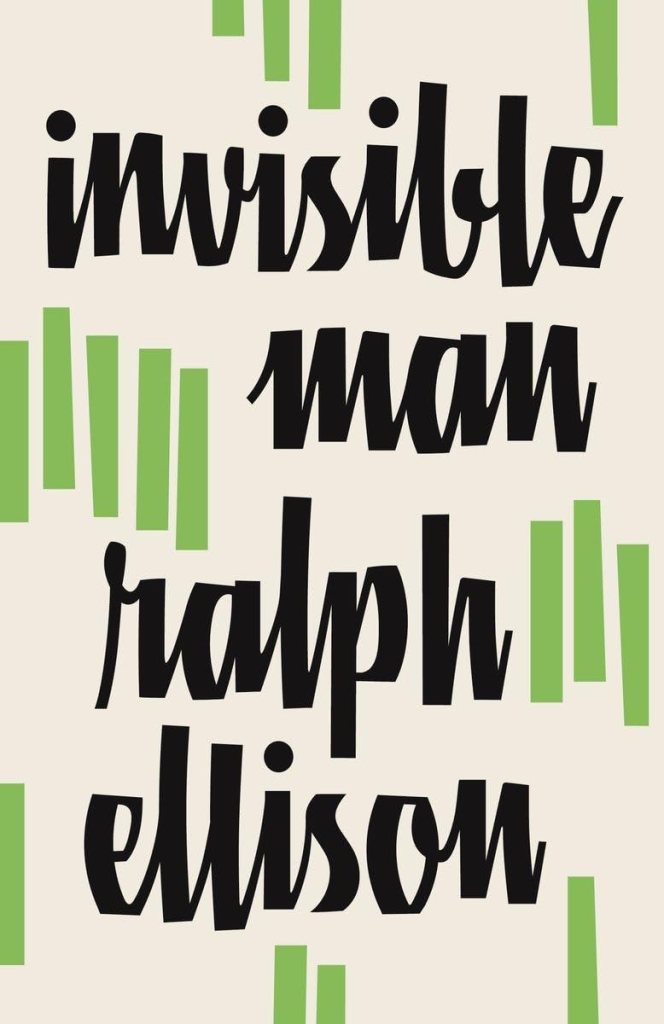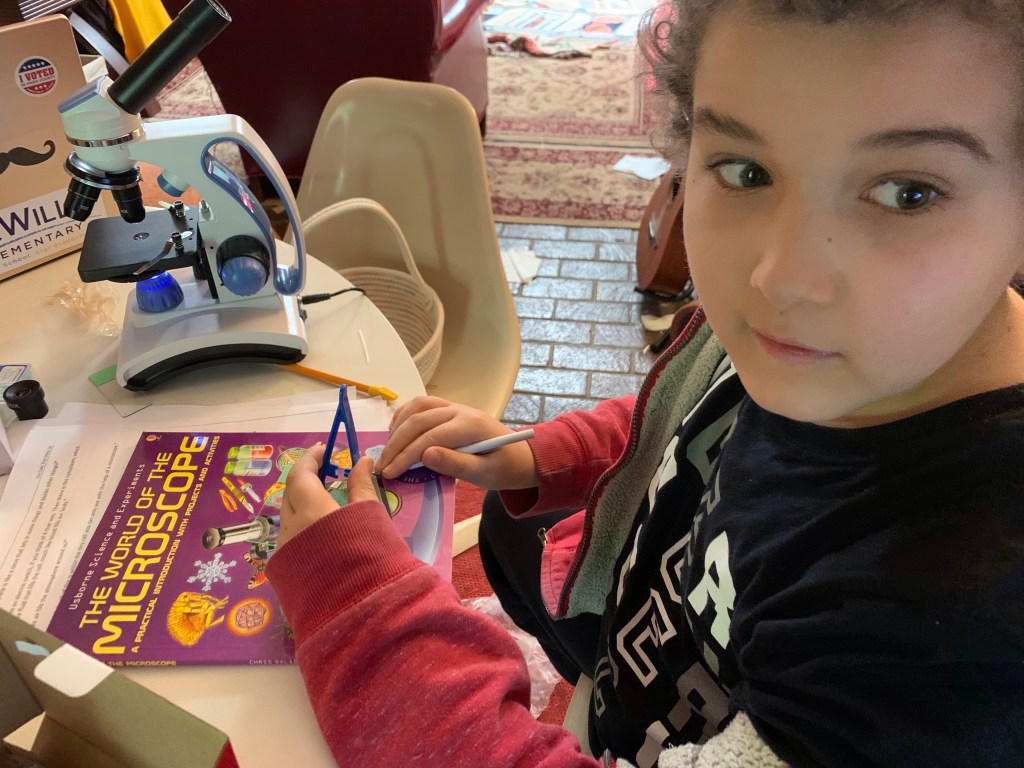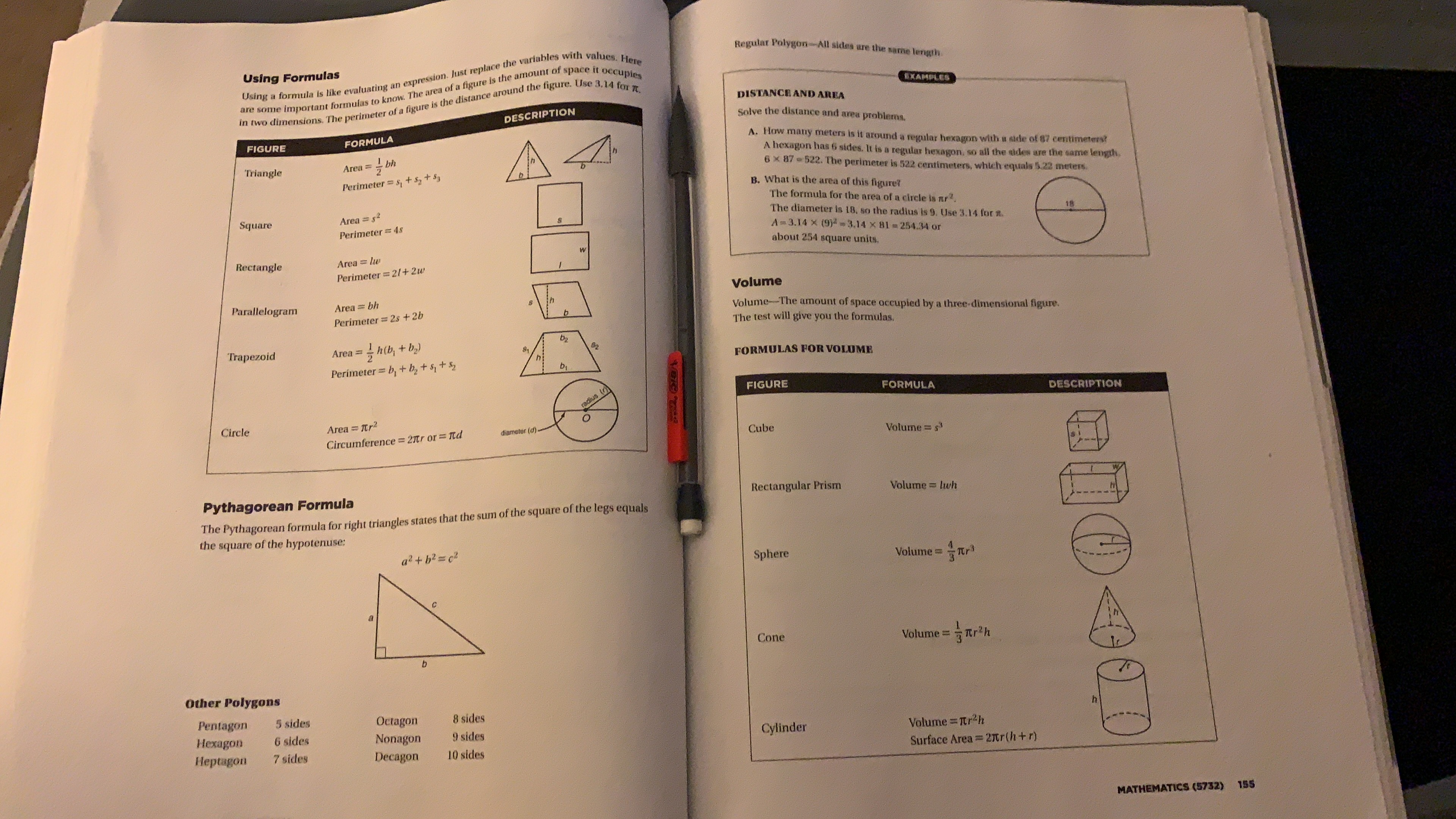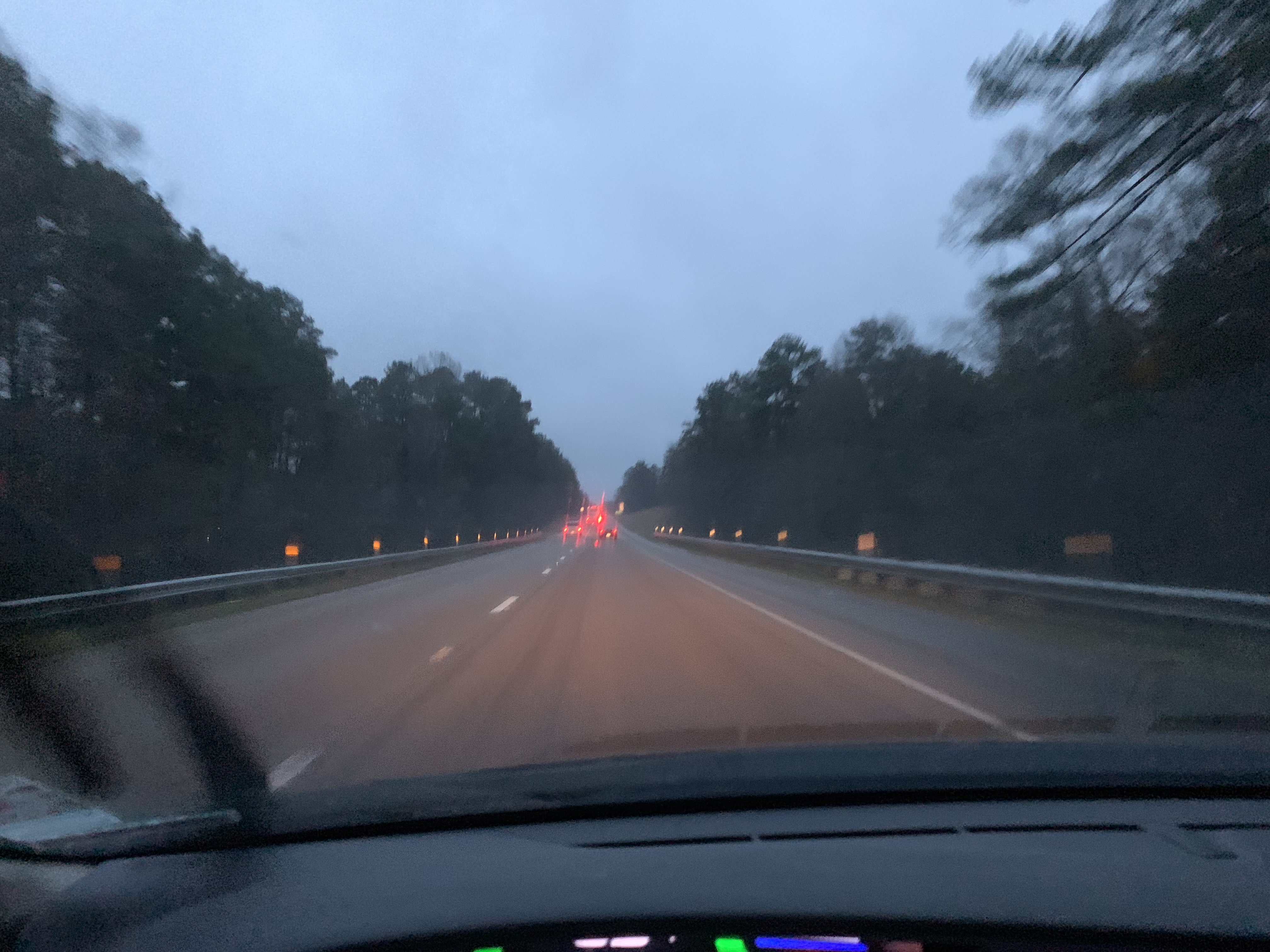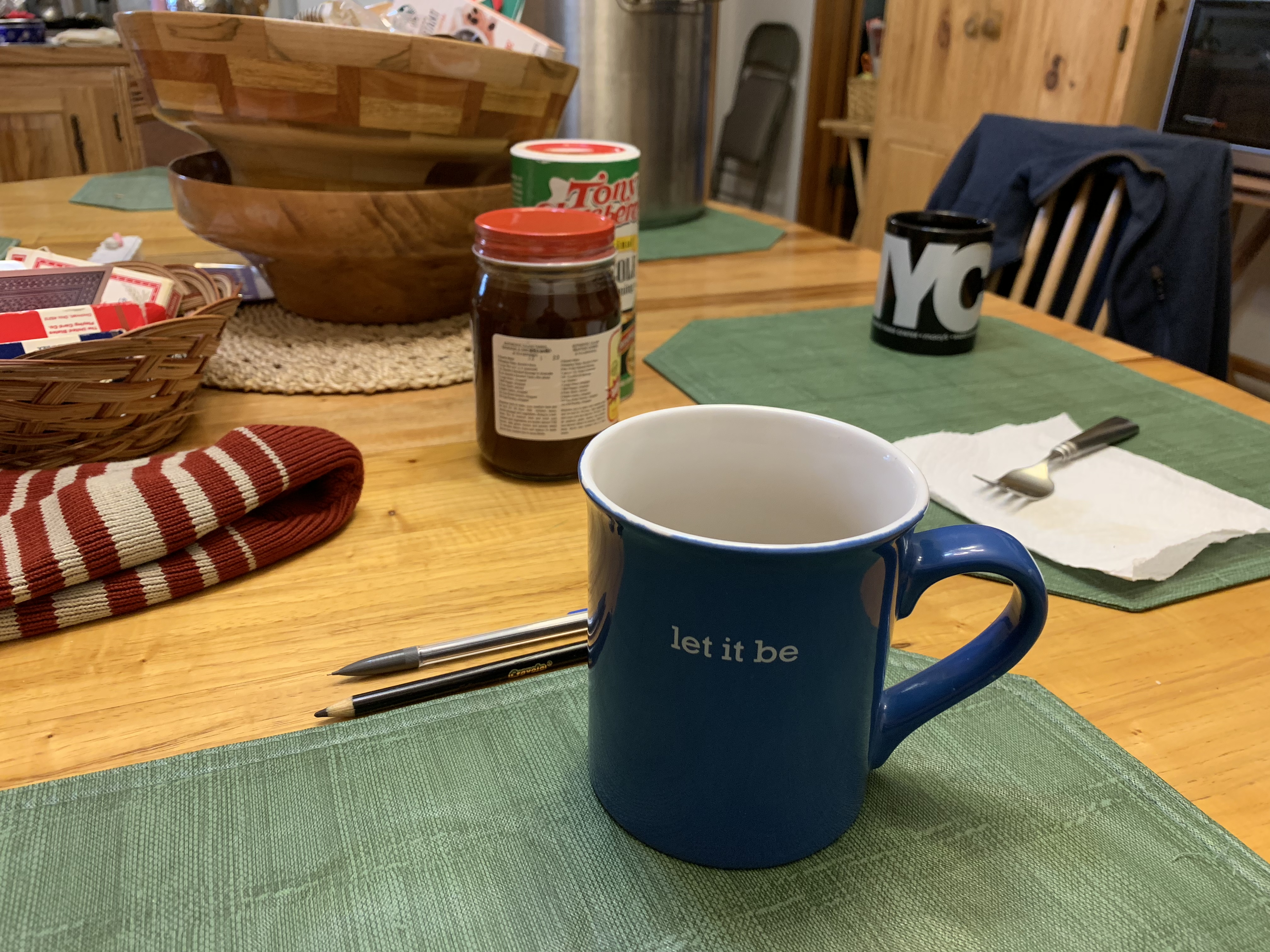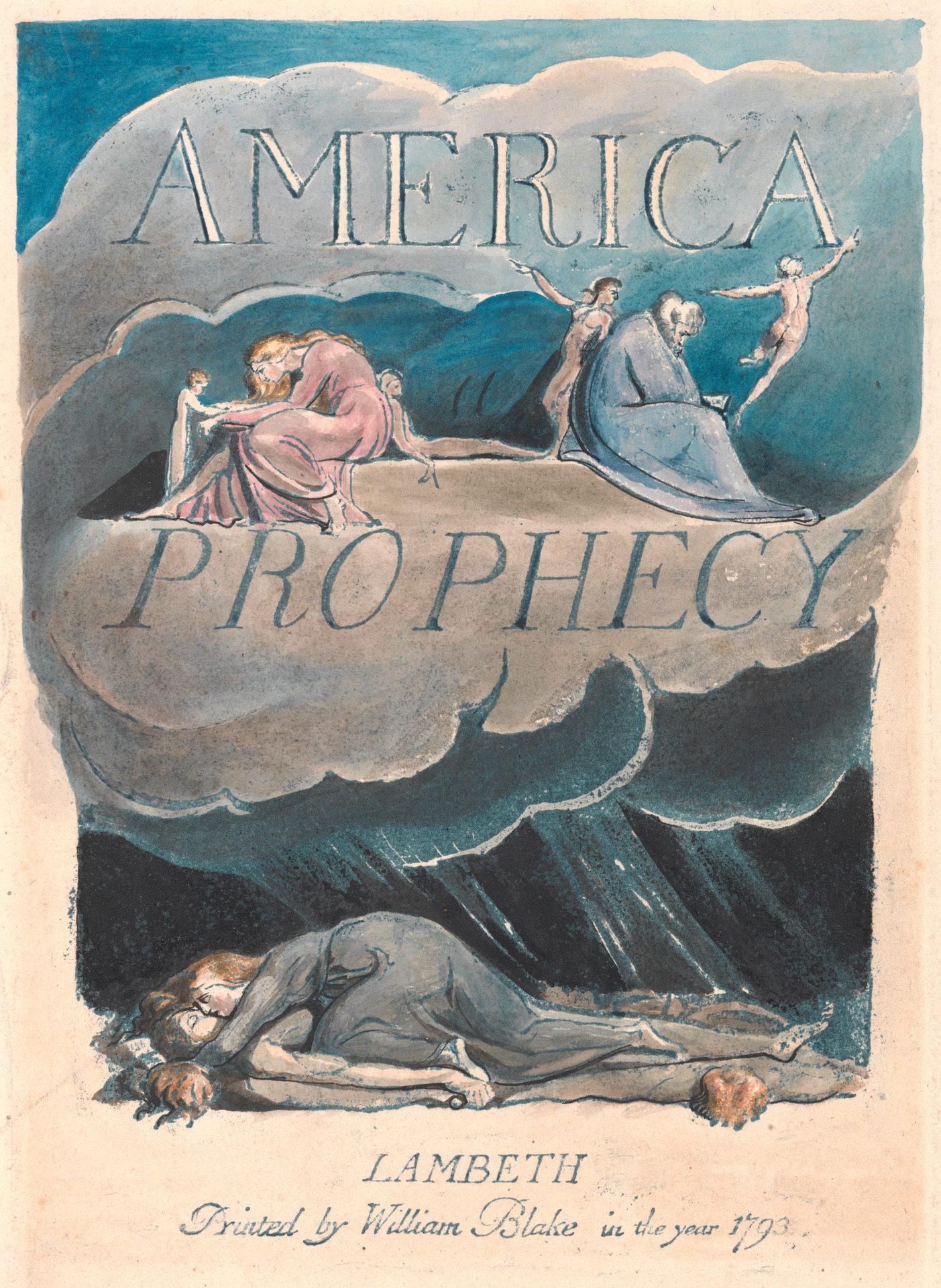Current Read: Absalom Absalom by William Faulkner
A long time ago when I was a baby doctoral candidate, I decided to listen to William Faulkner’s Absalom, Absalom! on my long drive home from Athens, GA to New Iberia, LA. The audio book that I borrowed (from the library? from an obliging Cracker Barrel?) was, as I recall, about 17 hours long, which ensured me entertainment from GA to LA and then a decent amount of listening on the return home.
Even then I knew this was a somewhat colossal and colossally ridiculous endeavor, but I did it because I could and because I wasn’t in the headspace to physically/visually read such a text; I was mired in British Romanticism and Modernism, Humanities Computing, and Rhetoric. My eyes were already overstuffed. My recollection of the audiobook and the experience as a whole is actually good; the reader was skilled and Faulkner’s storytelling, while maddening on paper, felt like a front porch sitting session when told orally. When I got to New Iberia, I drove over to the public library in search of a copy of the actual book; I needed to see the sentences to know if they really were as long as they sounded. They were that long. I was thankful for the audio and for the freedom of being able to just enjoy the book. No need to take copious notes and annotate and make connections.
It’s 2024 now, and I’m an old PhD wading in whatever territories I deem of interest now. I’m no longer tied to a literary study identity; I gave that up during my time in higher education, and I continued that when I started my K-12 career. I find myself, though, drawn to Mississippi literatures and so I’m back on Faulkner. I’m reading Absalom again.
I’m in the first of the nine chapters of this incredibly dense book, and already I’m dizzied by the number of circles in the narrative. How many times must Miss Coldfield rehearse the Sutpen story before telling it? I’m drawing out family trees on scrap paper, longing for the large sketchpad that I know is at home waiting to be called into just this sort of service. I’m seeing just in this first chapter how ruthlessly Faulkner’s narrator wants to hide the narrative kernel from the reader; the book wants me to sink into its space, to get lost in its slow, recursive, and drawling web. My eyes want a visual of this story structure. They’ll force one out of me before we’re done. I may share it when it’s alive.
I admit that I am considering the audio version again, if for no other reason that to release my mind from the tyranny of Faulkner’s written prose, which, in this text, demands in inordinate amount of attention per sentence. I may meet myself halfway, listening to a reading while my eyes take in the text and my brain tries to draw the circles and lines and boxes. This is what reading looks like, sometimes. I love it.
Other Reading
A Wizard of Earthsea by Ursula K LeGuin
I’d never read this, but it’s been in my mind for a while so I put it on my TBR for this year. Lovely book, albeit a bit thin as compared to the sorts of books of this sort we see today. I appreciate LeGuin’s desire to push her reader into new associations; the racial designations at which she hints for her characters are sure to challenge the reader as they build their empathy with Ged.
If I could do one thing with this book, I’d think about the essential elements of a character like Ged with regard to race and representation. At times he feels like a white character in black skin, and the skin color is so inconsequential in his experience that it feels almost unnecessary. What I mean is this: that LeGuin’s essentially colorblind writing is so subtle as to make it meaningless. I don’t think she was trying to appropriate blackness or speak for black people–that would be an entirely different book–but I do think that’s she’s offering a sort of reading experience that we aren’t yet ready for.
Oryx and Crake by Margaret Atwood
First in the MaddAddam series, this book reminded me of what Atwood is so good at: creating worlds that feel real and inhabitable. I’m in another world when I’m reading her books, and as I worked by way through this one, I constantly felt like I was a breath away from being in Snowman’s world.

